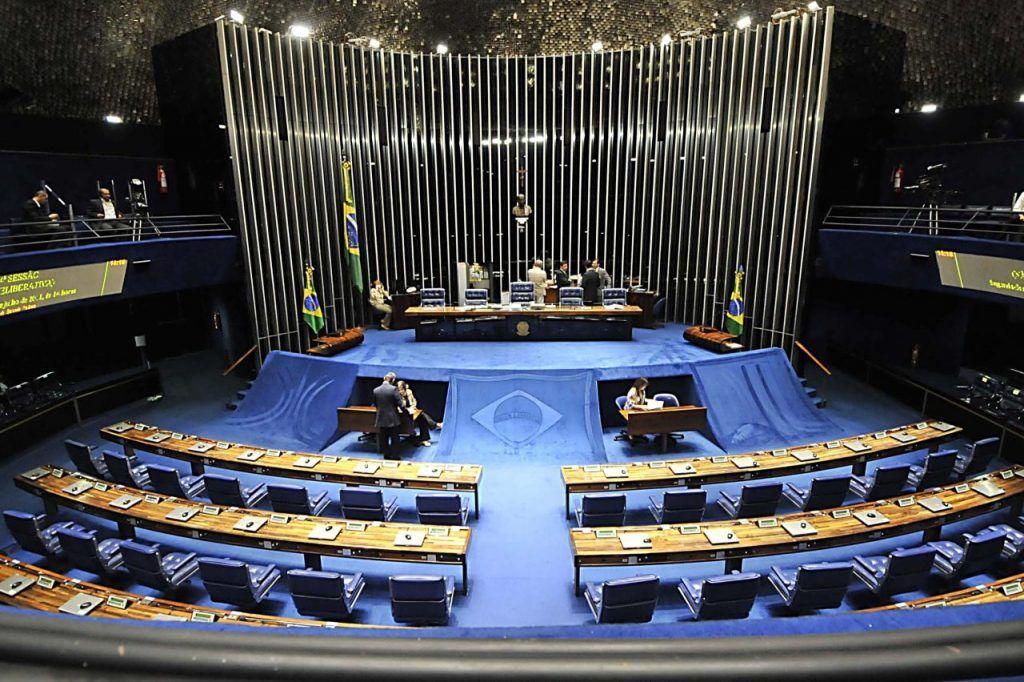Brazil, the largest economy in Latin America, has carried out six outstanding legislative reforms in recent months, according to the country’s own government.
First of all, the law that authorizes the privatization of Eletrobras entered into force on July 12, 2021. The purpose of the privatization is to allow the company to improve its investment capacity in the generation and transmission of electricity and to contribute to the development of the energy sector.
Then, on December 23, 2021, a new law came into force that establishes a new regulatory framework for rail transport. This law was designed to facilitate private investments in the construction of railways, in the use of inactive railway networks and in the provision of rail transport services.
A third reform occurred on December 8, 2021, when the National Congress approved Constitutional Reform No. 46/21, which modifies some of the rules that govern fiscal responsibility and the payment of precatórios.
The precatórios are obligations of the public treasury that result from judicial sentences.
The Constitutional Amendment allowed the payment of precatórios in installments and established an annual limit for precatórios payments for the period from 2022 to 2026.
Once the cap is reached, precatório payments are carried over to subsequent fiscal years. All precatórios issued are still expired.
The objective of the modifications is to allow the Republic to meet its payment obligations, complying with the annual public spending ceiling.
The Constitutional Reforms also modified the window for considering the inflation rate used to calculate the public spending ceiling, which is now considered from January to December of each year (instead of July to June as in the previous legislation).
Legislative reforms
On August 26, 2021, a new law came into force that simplifies the procedures and rules for the incorporation of private companies in Brazil.
This law eliminates bureaucratic steps and reduces the time expected to incorporate companies in Brazil, with the aim of improving the country’s position in the World Bank‘s Doing Business, in which Brazil ranked 124 in 2020.
Likewise, on December 30, 2021, a new legal framework for the Foreign Exchange Market entered into force with the aim of improving the business environment in Brazil, expanding the use of the Brazilian currency in international transactions and opening space for banks to and Brazilian financial institutions invest in funds in Brazil or abroad.
Finally, on January 7, 2022, a law came into force that establishes a new regulatory framework for river transport in Brazil.
This law is intended, among others, to diversify Brazil’s transportation services through greater incentives; promote competition in transport services; expand Brazil’s shipping fleet; stimulate the development of the national marine industry, and encourage investments from the operation of port facilities.
![]()

